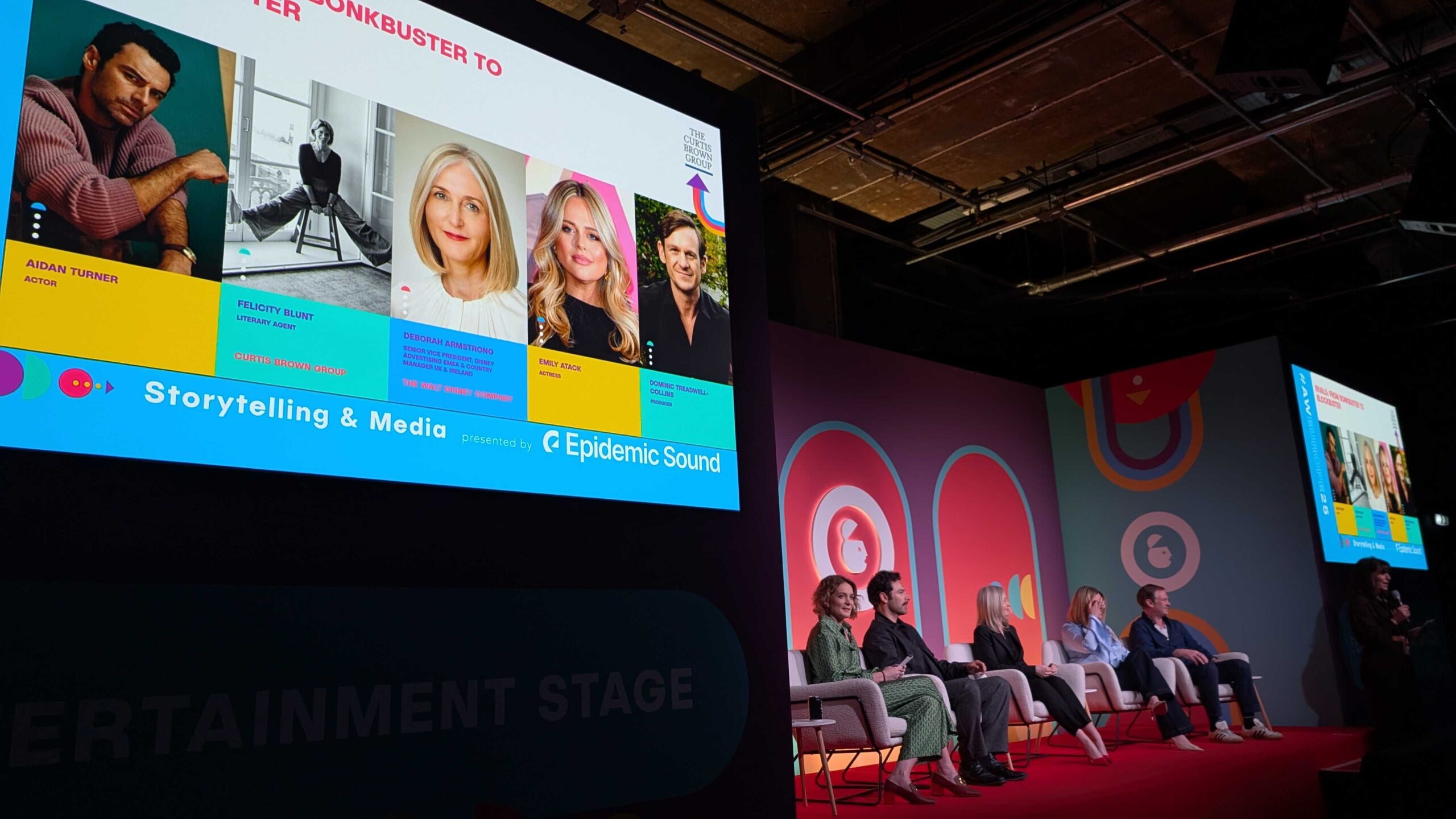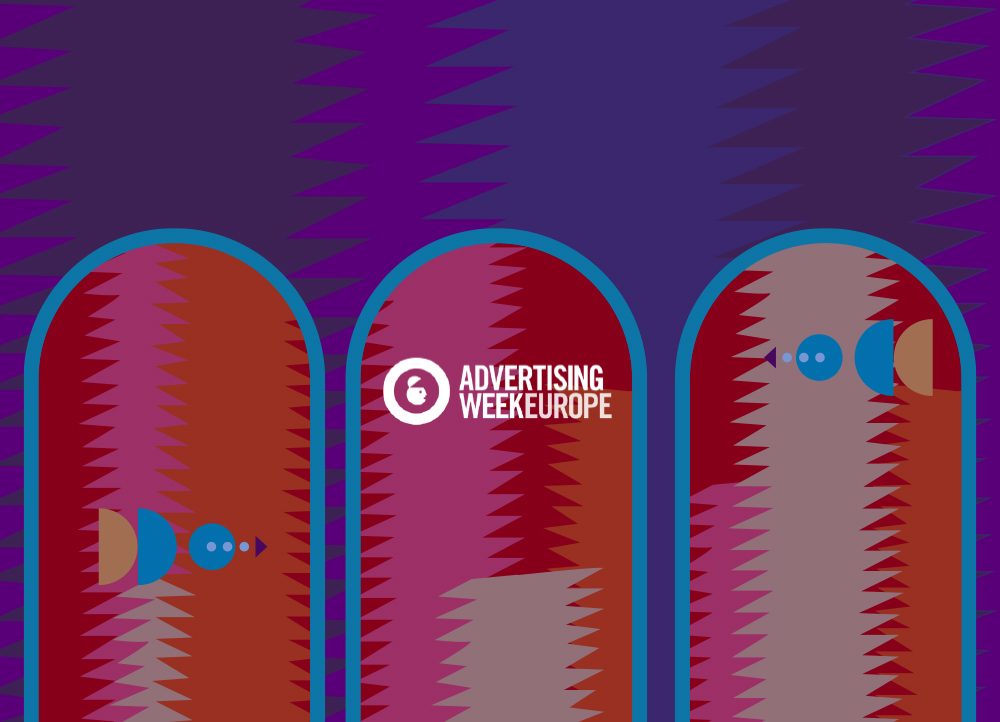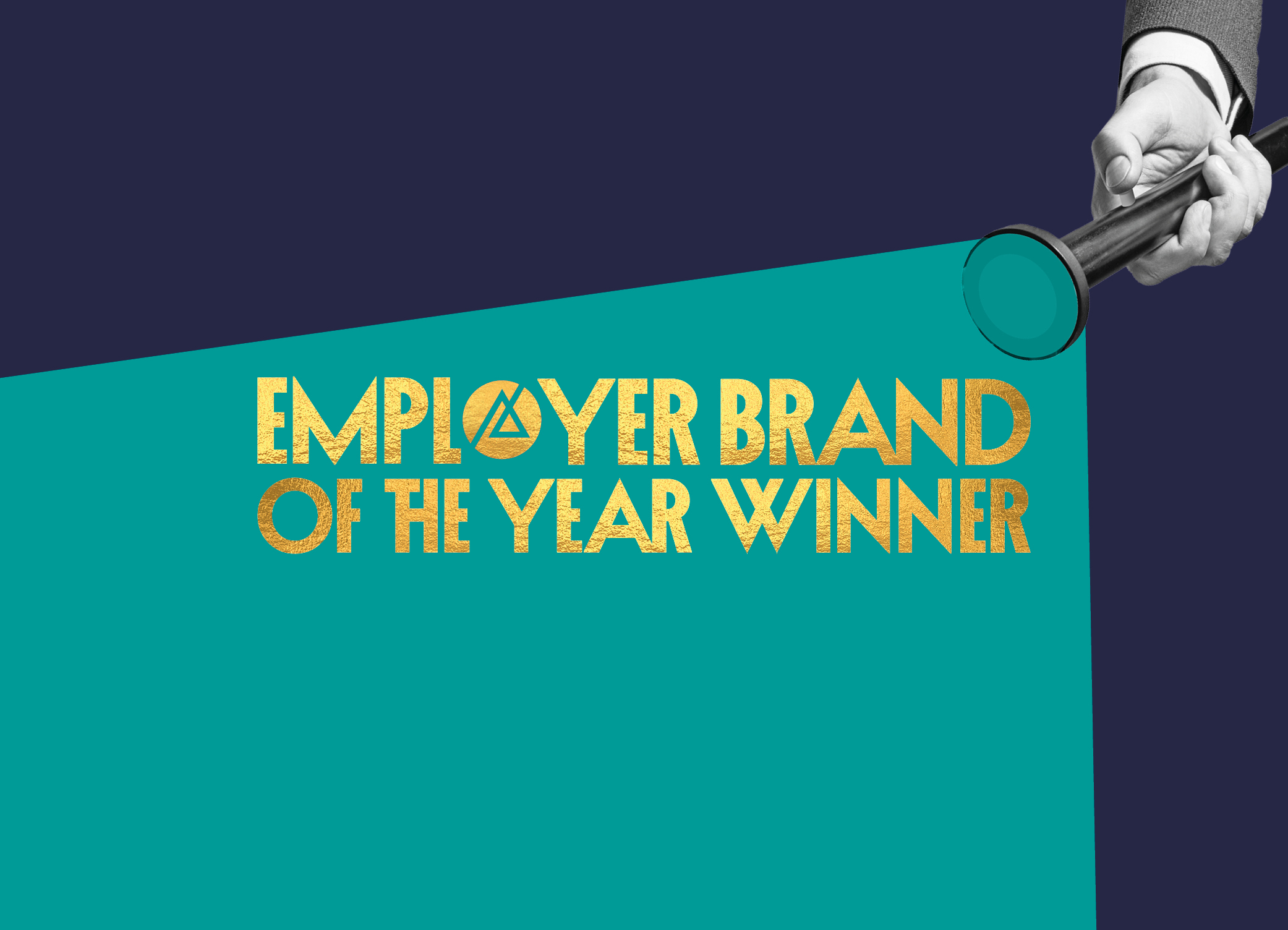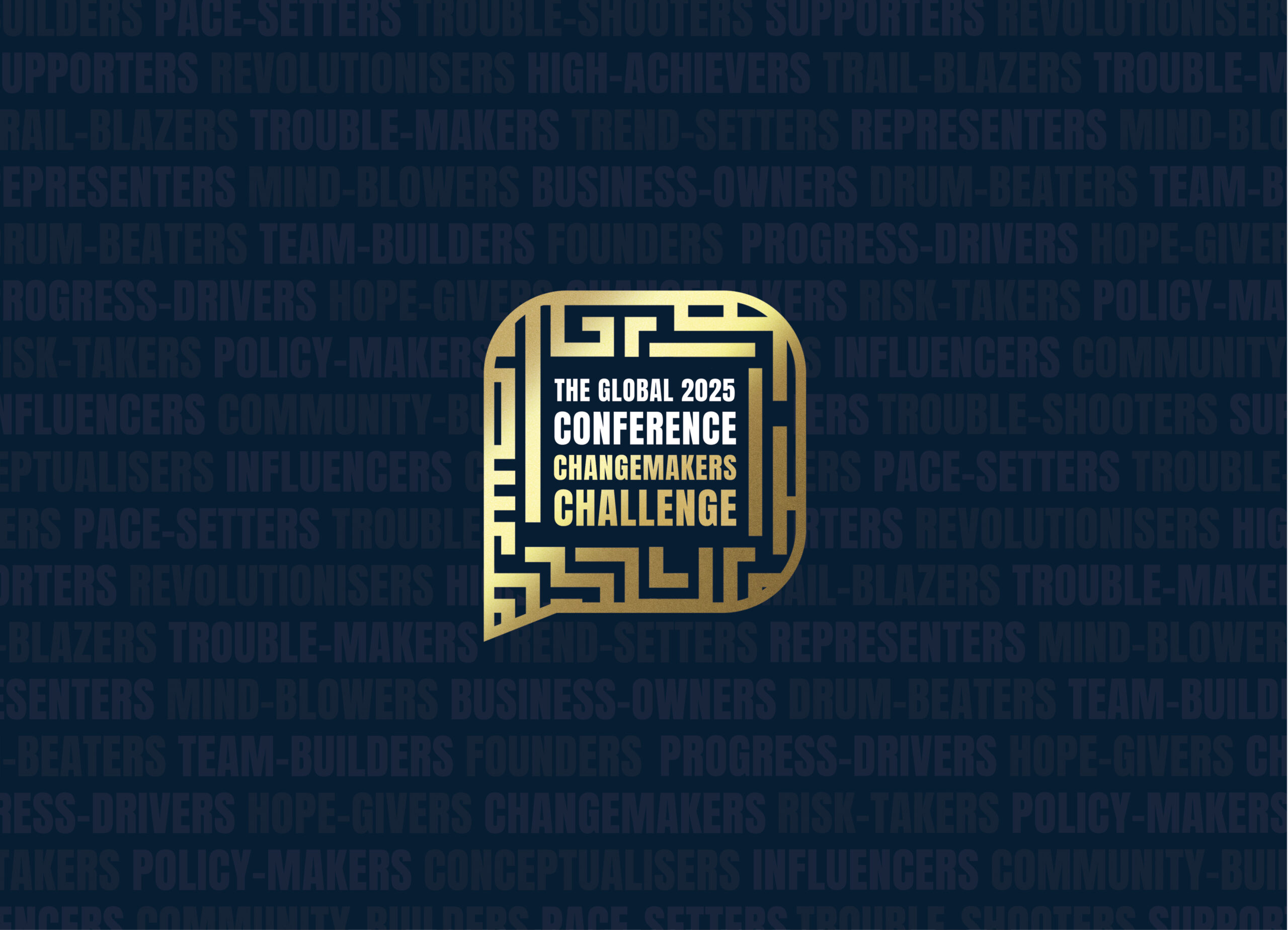It’s April already (we know, we can’t believe it either). And that means one thing in adland: Advertising Week Europe!
If you’ve never been, Advertising Week is a three-day event packed full of bold ideas, big brands, and advertising’s greatest minds discussing the future of advertising.
This year? It was all about AI, authenticity, and a surprising return to the familiar. Streaming got nostalgic. Humour made a comeback. Heritage took the wheel. And yes, “AI” was said at least 750 times (we counted… sort of).
Across three jam-packed days and 350+ speakers, one thing became clear: advertising’s next chapter isn’t just about what tech can do – it’s about what people want to feel.
So, straight from London, here are the 5 biggest things shaping the world of ads in 2025. Let’s go.
1. Brand to the Future
Heritage is all the rave right now – and it makes sense.
After the pandemic, lots of big brands used their roots to reconnect with people who’d started to drift away. British Airways presented a move back to their people-first past. John Lewis brought back the comfort, care and nostalgia people missed. Both brands went big on emotional ads, and guess what? It worked.
And then there’s the elephant-sized Jaguar in the room. At first glance, their bold rebrand looked like a total left turn. But listen closely, and you’ll hear echoes of the past. Their new tagline – “Copy Nothing” – is a direct quote from Jaguar’s founder. If you look closely into their history, you’ll see they’ve always pushed boundaries where other car brands played safe. This startling re-brand isn’t anything new for them. In fact, it’s more in-line with their heritage than their competitors.
So, what’s the big idea? No matter how far you fly from the nest, if your roots still show (even with a glow-up), chances are you’ll land on your feet.
2. AI, AI and… AI!
It would’ve been nearly impossible not to talk about AI.
It’s still the buzziest thing in the room, with shiny new tools popping up left, right and centre. But, cutting through the noise of AI-generated videos and virtual assistants, a deeper undercurrent bubbled up – one of ethical concern and environmental cost. The power demands of AI are eye-watering. And when you throw in models trained on stolen data things start to get murky fast.
Some argued there’s no such thing as “environmentally responsible AI” – that we should embrace it with open arms and a conveniently clear conscience. Some believed the ends justify the means if the output is effective. Others took a more optimistic approach. In just one year, AI computing has taken major strides in efficiency, and since the tech giants are monetarily incentivised to cut back on their power draw, it might not be an issue for long.
But, as for the ethical concerns? Let’s just say we’ll still be arguing about this by next year’s Advertising Week.
3. A Change of Habit
In the world of consumer habits, a (not-so-new) phenomenon has re-emerged: people are watching TV for fun.
Shocking, we know. But here’s the twist: people are enjoying it together. Yep, real-life, in-person, pass-the-popcorn kind of together. As Disney pointed out, viewing habits aren’t just digitally social anymore – they’re personally social.
Streaming is doing a bit of a throwback – leaning into the buzz of live premiere events. For advertisers, that means big opportunities. The living room is becoming a cultural touchpoint again – and brands that match the tone of the moment are the ones that’ll stick. Whether it’s comfort, curiosity, or collective joy, ads that align with intention, not interruption, are winning.
4. Make Me Laugh, Ad Man
‘Purpose-led’ ads have become white noise with a logo.
Every brand seems to say they want to change the world. But after a while, it all starts to sound the same. Look at Google. they once proclaimed that they were going ‘carbon neutral’. Now? They seem to care more about AI than going green. If you don’t really mean it, why say it at all? It’s time brands stop trying to be deep and start being fun again. That doesn’t mean throwing your values in the bin. Having a good heart still matters. This is about ditching the sad music and slow-motion hugs in favour of something worth looking at.
Think about your favourite ad: did it change your life, or did it just make you laugh?
5. Let Inclusivity Triumph Over Trump
In the new Trumpian era, DEI can’t just live in a policy doc or a PowerPoint.
DEI has become a punching bag for the right-wing chorus in recent years. But it’s made one thing crystal clear: brands need to step up. Not just in statements, but in everyday spaces – from casual catchups to boardroom decisions. Too many still tick boxes when they should be building bridges. What actually works? Respect. Listening. And a solid helping of honesty. It’s not enough to have different voices in the room. You have to actually hear them. And, to top it off, brands also benefit from inclusivity. Not just in the work they produce, but also in the revenue they’re able to generate. The facts don’t lie. If growth is your goal, inclusion isn’t optional – it’s essential.
So, there you have it, folks.
Five things that lit up Advertising Week louder than a billboard at sundown. If this week taught us anything, it’s that AI will still be the headline act at next year’s event. But, in all seriousness, the future of advertising isn’t just clever tech or catchy lines. It’s heart, humour, and human.
We’ve got plenty to reflect on, act on, and build into our own work at ABC. These events remind us of where the industry’s headed – and how we can help steer it forward.
Until next year, Advertising Week. You’ve been a blast!

Share and tag us @alwaysbecontent




